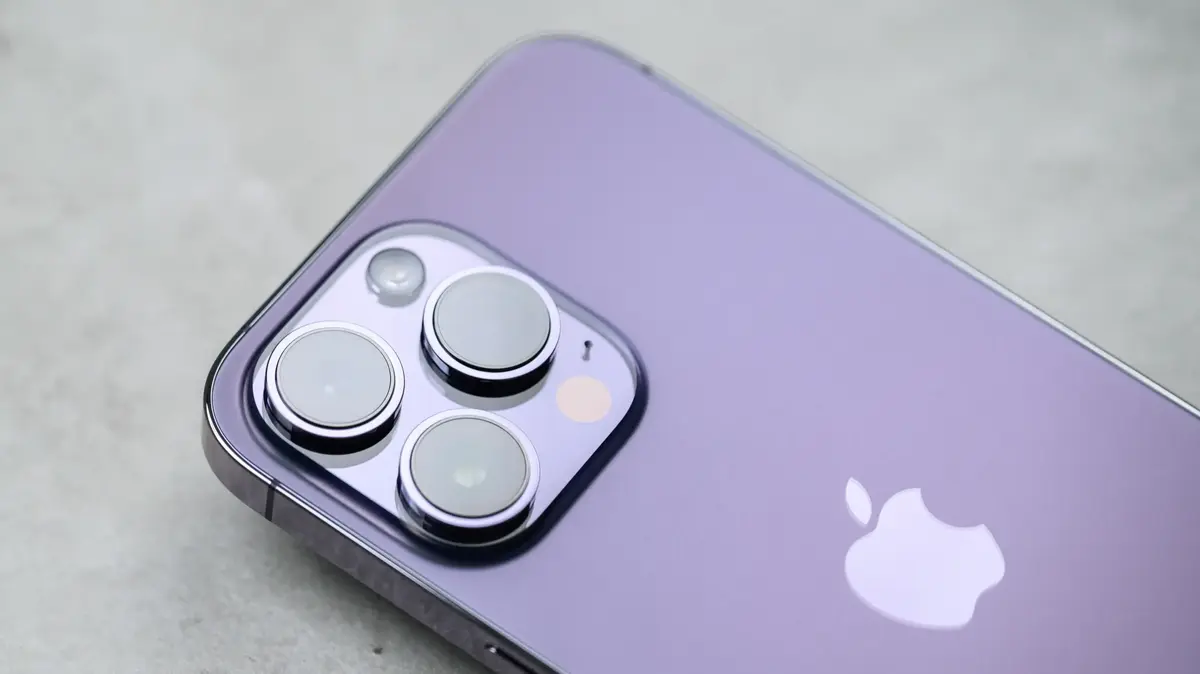According to a new report from South Korea, the technology giant Apple is testing advanced optical coating technology to prevent reflections (anti-reflective) for the next iPhone flagship series, which will be announced in September. The technology may significantly improve the quality of images by reducing unwanted side effects such as blinding and shadowing (ghosting).
The report comes from the information account "yeux1122" on the Korean blog Naver, which cites an inside source in Apple's supply chain. According to the report, Apple plans to implement a new component called ALD in the iPhone's lens manufacturing process. The process (abbreviation of Atomic Layer Deposition) enables precise coating at the level of the individual atom, and enables full control of the thickness and composition of the material, so that it will be possible to produce extremely thin coatings on electronic components, including optical components in cameras.
In the field of camera lenses, the ALD technology is used for anti-reflective coating, which significantly reduces side effects in images, such as light streaks and "halos" that are created when a strong light source, such as the sun, shines directly on the lens.
Another advantage of the ALD is the reduction of the "Ghosting" phenomenon - a phenomenon in which weak secondary images appear in the photograph, usually in front of a strong light source. This phenomenon occurs when light is scattered between the surfaces of the lens components and the camera sensor. According to the report, the ALD coating will also provide additional weather protection for the camera lens array, without compromising the sensor's ability to capture light effectively.
The Naver blog claims that the new manufacturing technology will be applied to the Pro models in Apple's next iPhone series. It is likely that this is one of the two premium models in the iPhone 16 series, but it is possible that the technology is also being tested for the iPhone 17 Pro models that will be launched next year.

